Conservatory
Senior Living
Enjoy Affordable, Stylish Senior Living at Conservatory
Schedule A Tour
Conservatory Locations
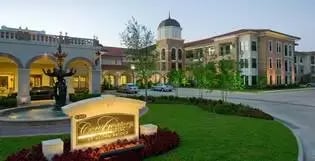
Conservatory at Alden Bridge
6203 Alden Bridge Dr.
The Woodlands, TX 77382
Leasing & Sales: 832.409.0147
All Other Inquiries: 832.482.4344
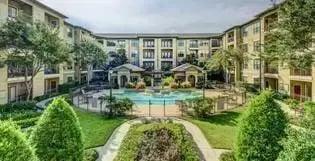
Conservatory at Champion Forest
8215 Cypresswood Drive
Spring, TX 77379
Leasing & Sales: 281.262.1095
All Other Inquiries: 281.378.6069

Conservatory at Keller Town Center
200 Country Brook Dr
Keller, TX 76248
Leasing & Sales: 682.232.3984
All Other Inquiries: 817.562.3100..
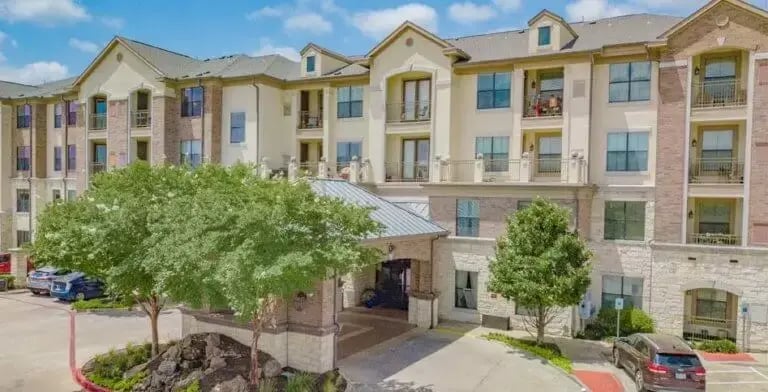
Conservatory at North Austin
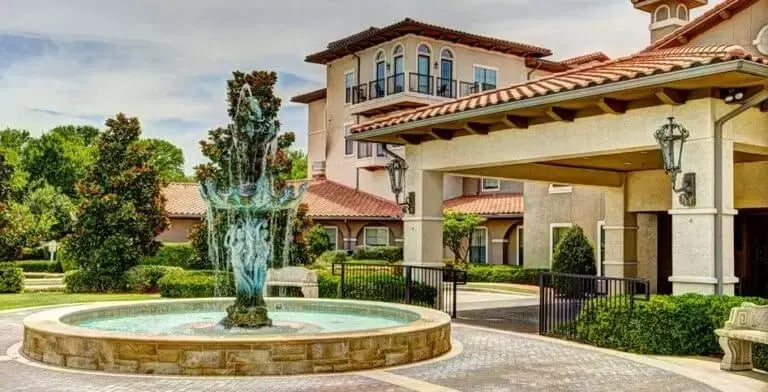
Conservatory at Plano
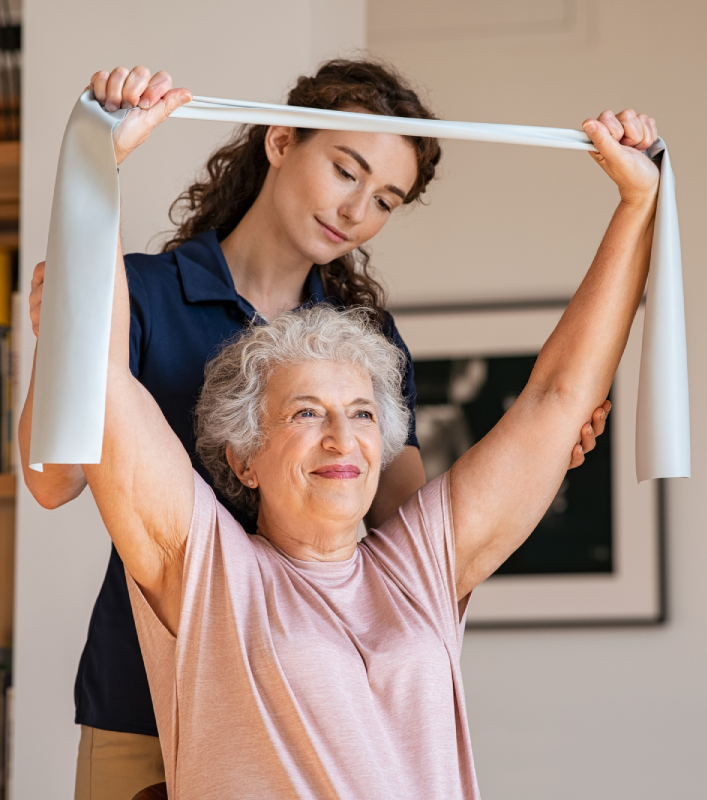
About Conservatory
Welcome to the home of exceptional senior living. Wake up inspired each morning with a world of opportunities at your doorstep. The carefree, independent lifestyle available at Conservatory Senior Living includes a host of upscale amenities and superior service. We strive to create an affordable, all-inclusive resort lifestyle to make your life here enjoyable. Rely on our team of service professionals to be available 24 hours a day to serve virtually every need. Explore our Grande Clubhouse and indulge in a sensational dining experience. Join in fun activities and enrich yourself with our many senior lifestyle programs. The choice is yours, and the opportunities are designed to inspire your life! Please explore our website and visit our community pages. Then contact a Director of Sales to make an appointment for lunch and a personalized tour.
Exclusive Lifestyle Programs
.png?width=225&height=104&name=Celebrations-Lifestyle-Logo_Blue-300x138%20(1).png)

.png?width=230&height=104&name=Connections-Lifestyle-Logo_Green-300x137%20(1).png)

.png?width=200&height=105&name=Expressions-Lifestyle-Logo_Red-300x158%20(1).png)
